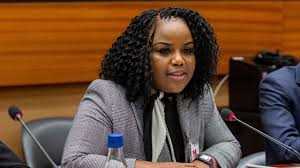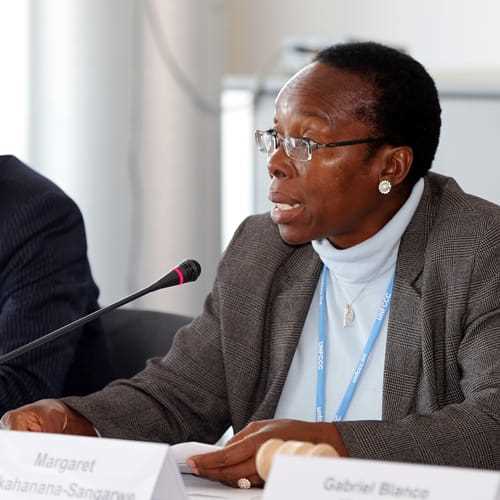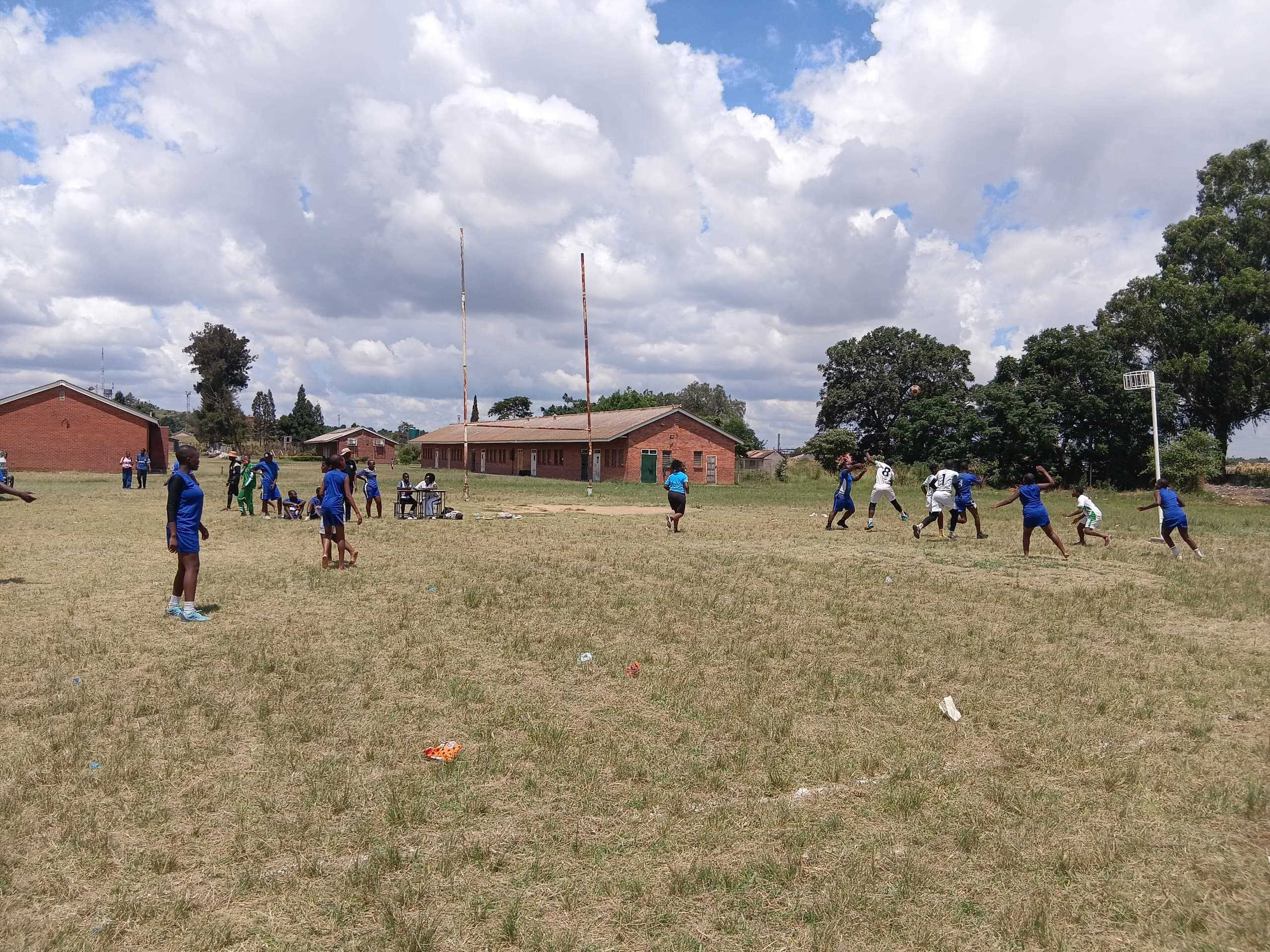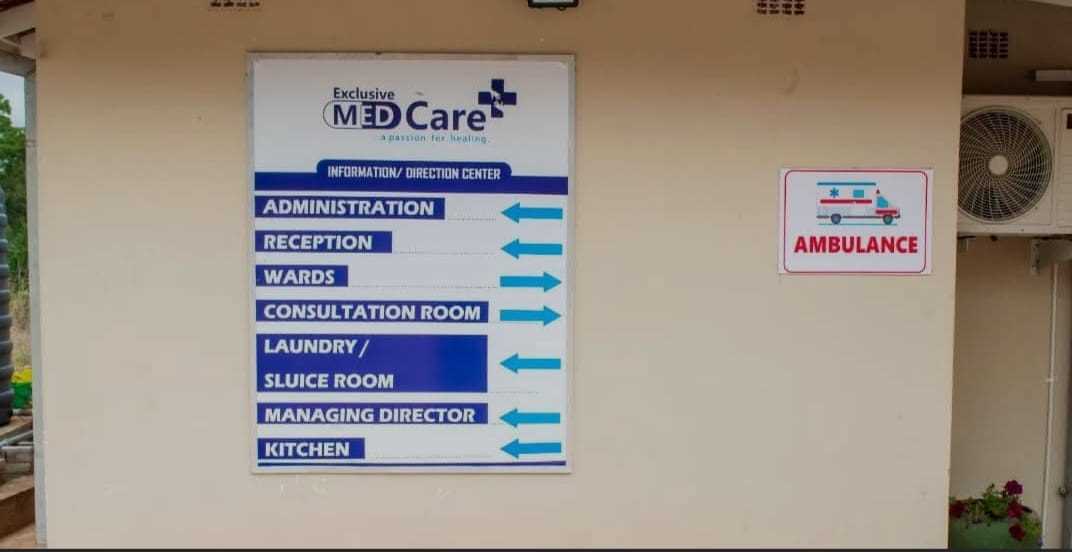
Gilbert Munetsi – Zim Now Writer
The simmering legal dispute between prominent lawyer and activist Fadzayi Mahere and Cabinet Minister Tinoda Machakaire has escalated, with Mahere’s legal team issuing a robust response to defamation allegations and mounting a counter-demand over a series of social media attacks.
In a letter dated 8 July 2025, Diza Attorneys, acting for Mahere, addressed Prichard Attorneys—representing Machakaire—firmly denying any defamation of the Minister. The letter was prompted by a demand from Machakaire’s lawyers, who alleged that Mahere had defamed their client in correspondence dated 7 July 2025.
Mahere’s lawyers dismissed the defamation claim as “untenable,” arguing that their client’s actions—posing questions to a government official in the spirit of accountability and transparency—are protected under Zimbabwe’s Constitution.
They cited Section 67, which guarantees citizens the right to question public officials, and emphasized that no law prohibits such inquiries.
Related Stories
The legal response also highlighted what it called a “contradictory position” by Machakaire’s legal team, who invoked the Freedom of Information Act while claiming to act in a personal capacity. Diza Attorneys asserted that if Machakaire was acting privately, the cited legal protections would not apply.
Furthermore, Mahere’s lawyers warned that any legal proceedings based on the alleged defamation would be met with a vigorous defense and a demand for exemplary costs, describing the potential suit as “frivolous and vexatious abuse of court process.”
Turning the tables, Mahere’s legal team issued a counter-demand, alleging that between July 5 and 6 2025, Machakaire published a barrage of “false, malicious and defamatory tweets” targeting Mahere. The letter detailed several social media posts that included personal insults and accusations of corruption, racketeering, and professional misconduct.
Among the cited tweets were statements accusing Mahere of obtaining her law degree through corrupt means, involvement in bribery, and disparaging remarks about her personal life and professional standing.
“The outcome of this dispute could set important precedents for how public officials and citizens interact online—and the extent to which constitutional protections apply to robust questioning of those in power,” noted legal practioner Gerald Madzima of Madzima and Company.
A social commentator, speaking on condition of anonymity, said this legal exchange underscores the growing tensions in Zimbabwe’s political and legal landscape, particularly regarding the boundaries of free speech, accountability, and the use of social media as a battleground for public figures.




















Leave Comments